Education Assistant AI Tools
Find the AI Tool or AI Product you're looking for among 203 results from the category - Education Assistant AI Tools.
Recently added AI tools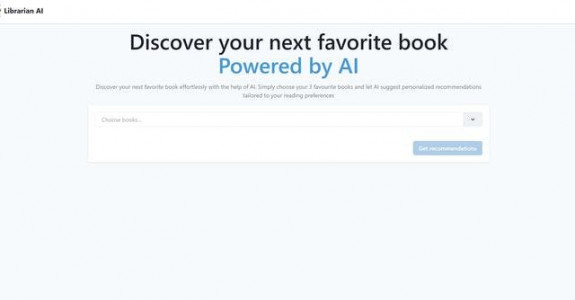 Free
Free
Librarian AI
Custom book suggestions based on past readings....
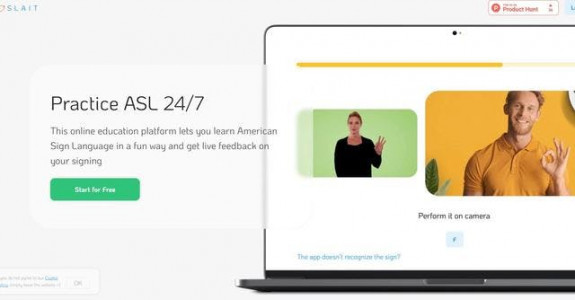 $ 39/mo
$ 39/mo
SLAIT School
Real-time feedback ASL learning platform....
 Free
Free
Learningloop
Start-up founders' personalized GPT understanding....
 Free
Free
AIQuizMe
Generate varied-topic quizzes....
 $ 25
$ 25
HowToWrite
Writes intelligently for customized composition....
 Free
Free
Flash Insights
Web & video insights for efficient learning....
 Free
Free
StudentMate
Automated assistant for managing student homework....
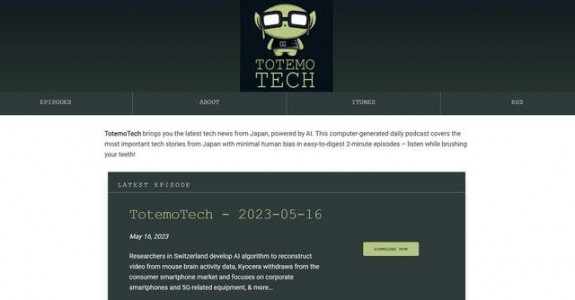 Free
Free
TotemoTech
Summarized Japanese tech news in English....
 Free
Free
Codeamigo
Interactive coding tutorial tool using AI to help users learn how to code...
 Free
Free
Trivai
Generates endless topic questions...
 Free
Free
Scribbler
Podcast insights summarized and delivered instantly....
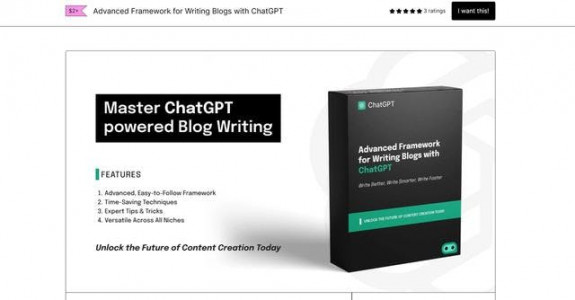 $ 10
$ 10
Advanced Framework for writing Blogs
step-by-step journey of how to craft a unique and insightful blog with the help of ChatGPT...
 $ 10/mo
$ 10/mo
Quilgo
Online quizzes creation with proctoring....
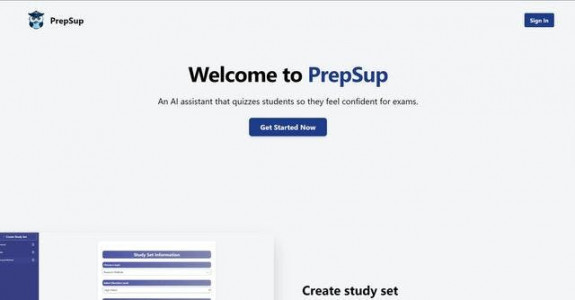 $ 9/mo
$ 9/mo
PrepSup
Helps students prepare for oral exams....
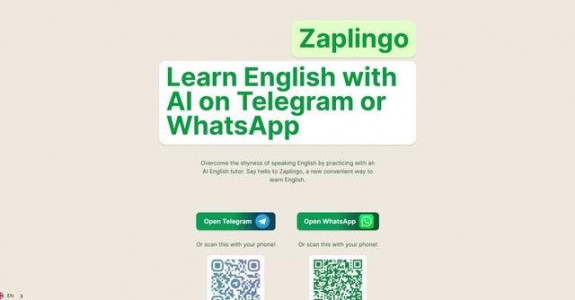 Free
Free
Zaplingo
English language learning through WhatsApp chatbot....
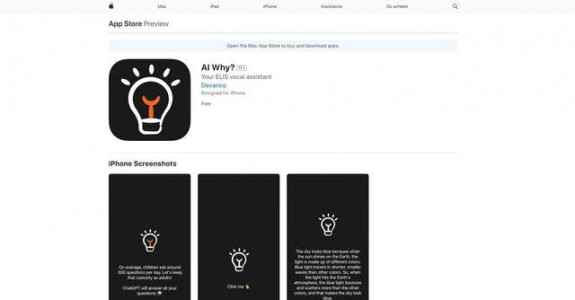 Free
Free
AI Why
AI Why? is a free educational app designed for iPhones, iPads and iPod touches that offers users sim...
 Free
Free
NOOZ.AI
Filtered and aggregated news platform....
 $ 5
$ 5
GPT Book Club
Personalized book insights for avid readers....
 Free
Free
OneSub
Prioritized emotional well-being in news aggregation....
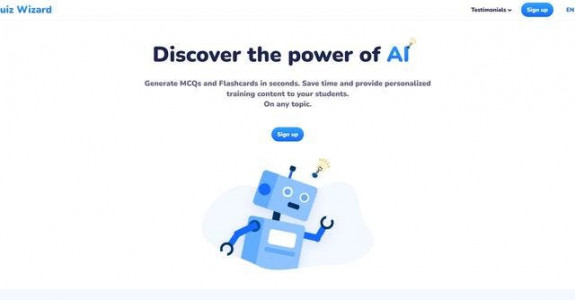 Free
Free
Quiz Wizard
Personalized quiz & flashcard content for educators....
 Free
Free
THATSHALLOT
Generated funny news articles....
 Free
Free
Confbrew
Collaboration platform for content-based Q&A....
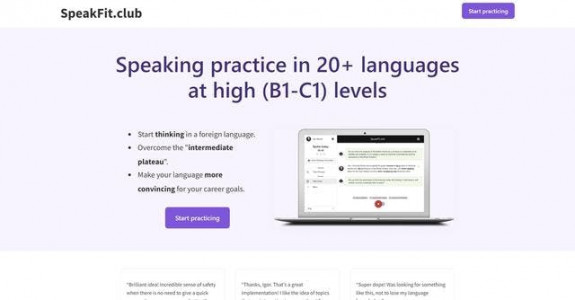 $ 7.99/mo
$ 7.99/mo
SpeakFit.club
Enhancing multilingual speaking abilities....
Learn more about Education Assistant AI Tools
Teaching assistant AI tools are software programs that use artificial intelligence (AI) methods to help educators, students, and others in the teaching and learning process. These technologies make use of AI methods like computer vision, machine learning, and natural language processing to automate repetitive jobs, better the learning process, and boost educational results. Reducing the burden of teachers and support workers so they have more time to concentrate on providing pupils with a high-quality education is one of the main goals of AI technologies for education assistants. For instance, instructors may save time and effort by using AI-based grading systems to mark assignments and provide comments to students. Similar to this, chatbots powered by AI may be used to respond to commonly requested inquiries from students, obviating the requirement for employees to continuously offer the same information. AI solutions for education assistants also provide pupils individualized learning opportunities. For instance, depending on student performance and learning preferences, AI algorithms may be used to assess learning data and deliver personalized suggestions for learning materials like videos, articles, and quizzes. With this strategy, students may study at their own speed and get the most out of their educational experience. Moreover, AI-driven language translation systems may support diversity in the classroom by assisting in the removal of language barriers. To make lectures, assignments, and other educational information more accessible to students from various linguistic backgrounds, these systems employ natural language processing and machine translation. Alexa and Google Assistant, two AI-powered virtual assistants, are examples of how they are being utilized in education to serve both instructors and students. To increase efficiency and organization, these assistants may be used to create reminders, plan meetings, access information, and provide immediate feedback. Lastly, AI-driven educational analytics solutions may assist educational institutions in analyzing massive volumes of data to make wise choices about curriculum creation, teacher preparation, and student assistance. These technologies may be used to monitor student progress, identify problem areas, and provide specialized interventions to help them learn. In conclusion, school assistant AI technologies are gaining popularity because they make it easier for teachers and support personnel to do their jobs, provide students individualized learning opportunities, and encourage diversity in the classroom. The sophistication of school assistant AI technologies will increase as AI technology continues to improve, making it simpler for instructors and students to accomplish their educational objectives.
